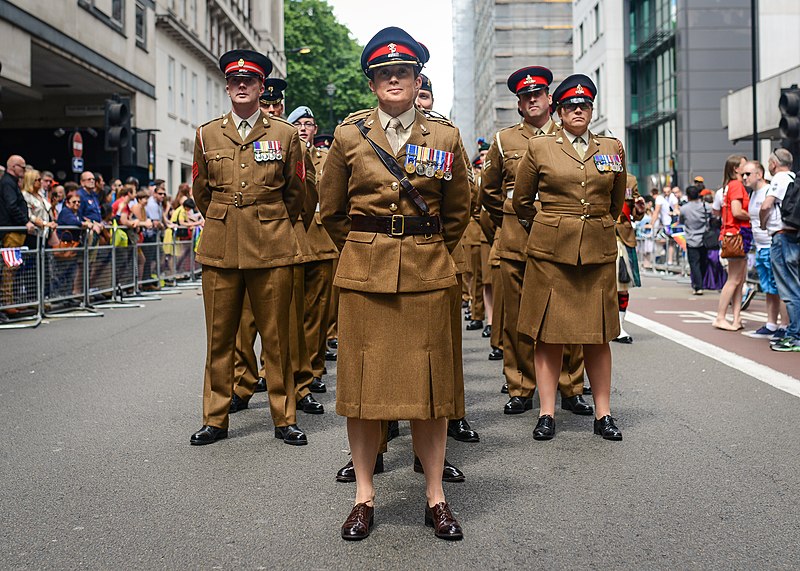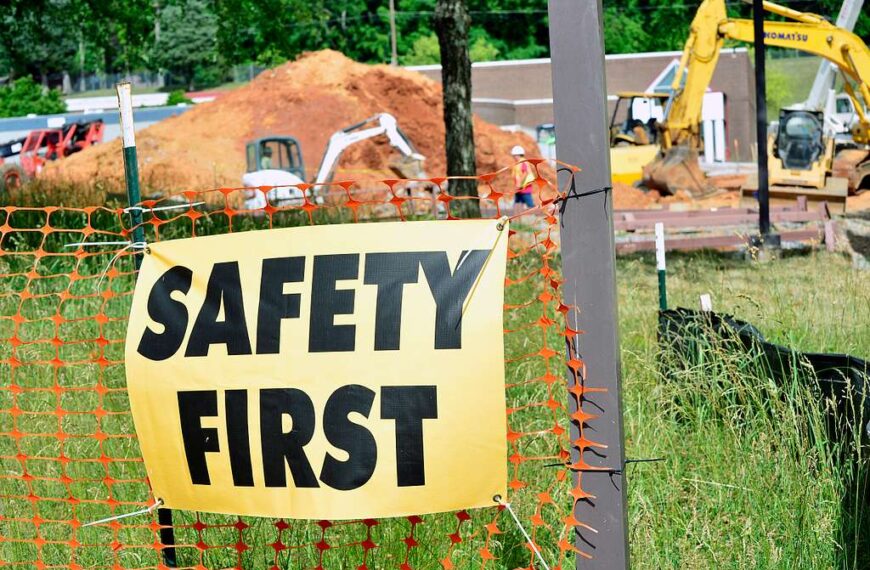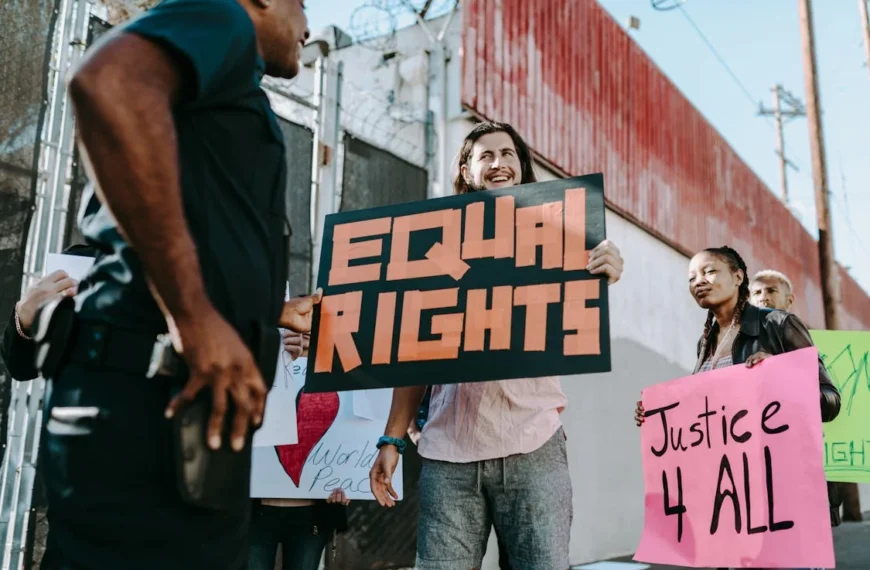Introduction
LGBT+ History Month is an annual celebration that highlights the history, achievements, and contributions of the LGBTQ+ community. Observed in October in the US and February in the UK, it aims to promote awareness of LGBTQ+ rights, reduce stigma, and honour the struggles and triumphs of the community throughout history. The month includes events, educational initiatives, and activities that celebrate diversity and advocate for equality, while fostering a deeper understanding of LGBTQ+ heritage and the ongoing fight for justice and inclusion.
Every year LGBT+ History Month is celebrated with a theme and this year the theme is “Activism and Social Change.” This theme honours the significant impact of LGBTQ+ individuals and allies who have championed equality and societal transformation throughout history.
This year marks the 25th anniversary of the lifting of the ban of allowing LGBT+ individuals to serve in the British Army.
LGBTQ+ Life during the ban
Life in the UK Army for LGBTQ+ individuals before the lifting of the ban in January 2000 was challenging and marked by fear, secrecy, and discrimination. The British Armed Forces had a strict policy prohibiting LGBTQ+ personnel from serving openly. Those suspected or discovered to be gay, lesbian, or bisexual often faced investigations, harassment, and dishonourable discharge.
Military police conducted intrusive investigations into individuals suspected of being LGBTQ+, including interrogations, surveillance, and searches of personal belongings. In order to remain serving LGBTQ+ personnel had to hide their sexual orientation to avoid dismissal, leading to constant fear of exposure and lack of trust in colleagues. There was a widespread culture of homophobia, with LGBTQ+ individuals often subjected to discrimination, bullying, and exclusion. The stress of living a double life, combined with institutionalised prejudice, often took a severe toll on mental health and well-being.
Fighting with Pride
Fighting With Pride is a UK-based charity dedicated to supporting LGBTQ+ veterans, particularly those affected by the historic ban on LGBTQ+ individuals serving in the British Armed Forces. Until the ban was lifted in 2000, many LGBTQ+ service members faced discrimination, dishonourable discharges, and the loss of their careers, pensions, and dignity simply because of their identity. Fighting With Pride was established to advocate for justice, recognition, and support for those impacted. The organisation works closely with the government, charities, and military institutions to ensure that veterans receive the financial, medical, and emotional support they were previously denied. Through their campaigning, they played a significant role in raising awareness of the injustices faced by LGBTQ+ service personnel, ultimately contributing to the UK government’s formal apology in 2023 and the launch of a compensation scheme for affected veterans.
Beyond advocacy, Fighting With Pride provides mental health support, peer networks, and practical assistance to LGBTQ+ veterans re-establishing their lives post-service. Many of those dismissed under the ban faced significant hardship, including homelessness and unemployment, due to the stigma surrounding their discharge. The charity works to ensure they receive access to housing, employment, and healthcare services while fostering a sense of belonging within the military community. Additionally, Fighting With Pride actively collaborates with the Ministry of Defence and Armed Forces personnel to promote inclusion within today’s military, ensuring that no one faces discrimination based on their sexuality or gender identity. Their efforts have not only helped right past wrongs but have also strengthened the future of LGBTQ+ inclusion in the UK’s defence forces
In the video below Lucy discusses life during the ban with Jay, an LGBTQ+ veteran that served during the that time, and how their experiences affected them.
Rank Outsiders
Rank Outsiders was a pivotal campaign group founded in the 1990s to challenge the ban on LGBTQ+ individuals serving openly in the British Armed Forces. The group was formed by former service personnel who had been discharged due to their sexual orientation. Through legal action, advocacy, and public awareness efforts, Rank Outsiders played a crucial role in the eventual lifting of the ban in 2000.
Robert Ely and Elaine Chambers co-founded Rank Outsiders in the early 1990s to challenge the ban on LGBTQ+ individuals serving in the British Armed Forces. Both had experienced the severe personal and professional consequences of the military’s discriminatory policy and sought to support others in similar situations while advocating for change.
Robert Ely was a former RAF sergeant who was discharged due to his sexual orientation. His first hand experience of dismissal and discrimination drove his commitment to fighting for LGBTQ+ equality in the armed forces.
Elaine Chambers was a former Army nurse who was subjected to harassment and discrimination after her sexuality was revealed. She faced immense mental and emotional strain, which eventually led her to leave the military.
Ely and Chambers worked to bring public and political attention to the discrimination faced by LGBTQ+ personnel. They highlighted the harmful impacts of the policy, including mental health struggles and career devastation. Rank Outsiders collaborated with human rights organisations, such as Stonewall, and supported legal cases brought by former service members. These cases, including those of Jeanette Smith and Duncan Lustig-Prean, eventually led to the European Court of Human Rights ruling in 1999 that the ban violated human rights.








